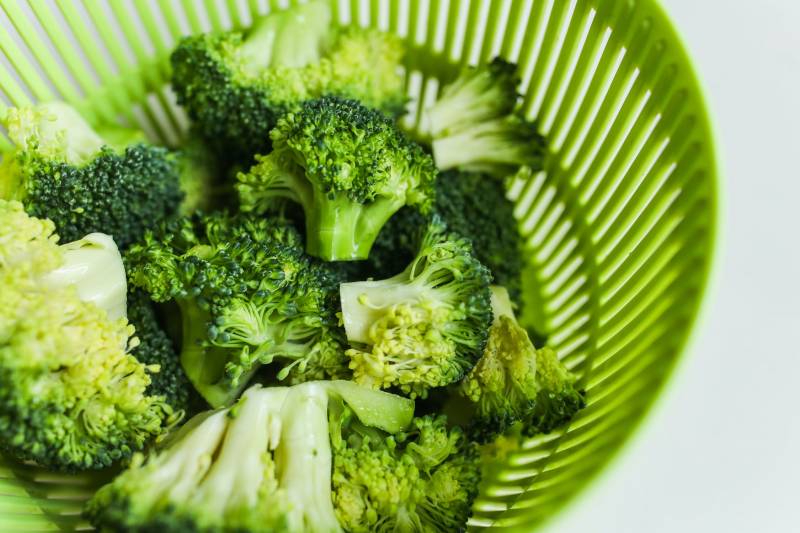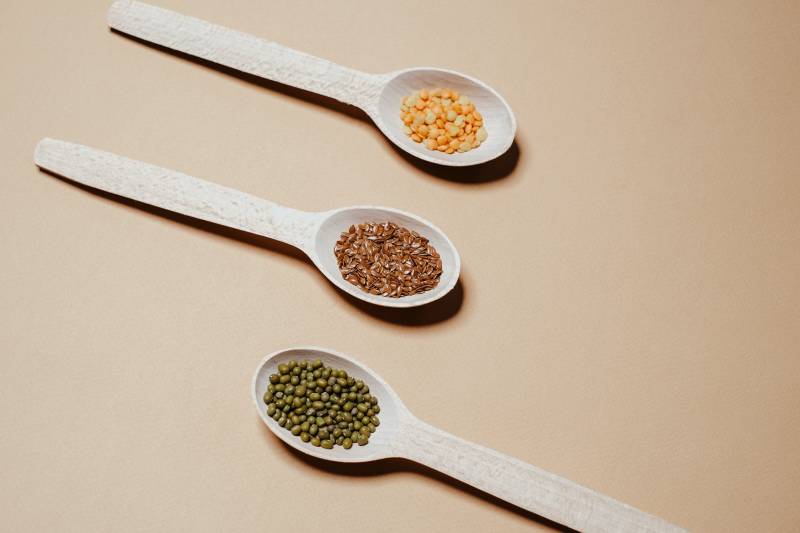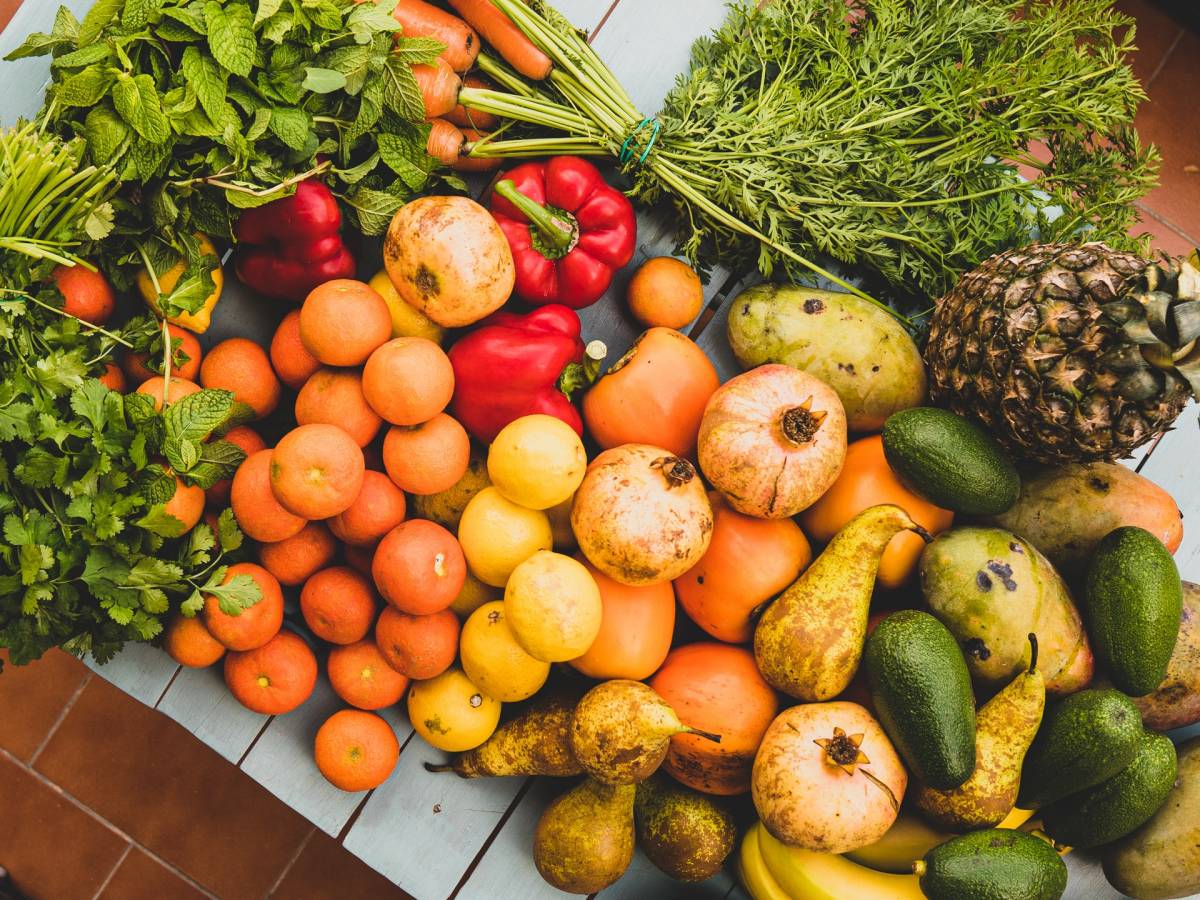During the winter season, thanks to the lowering of temperatures and greater climatic variability, there is more exposure to the risk of influenza. Given that the vaccine, especially for frail subjects and those over 65, remains the most effective antidote against seasonal ailments, nutrition also plays a decisive role. A diet balanced can make a difference both in the preliminary phase and in the course of the disease by alleviating symptoms and promoting healing.
Which diet to choose
The prevention starts from the table. This is not just a slogan but a fact that has been confirmed by the scientific literature of recent years. In order for the body to be able to develop an effective immune response to any attack by pathogens, it is necessary to stock up on vitamins, mineral salts and other essential nutrients.
In the specific case of common flu, the first indication that is provided by the experts is that of one varied diet and balanced that takes into account the seasonality of foods. Therefore, considering that flu and parainfluenza forms circulate close to winter, it is necessary to structure a food plan based on products available in nature during the cold months.
The reference model can be – regardless of weight, age and sex – that of the Mediterranean diet which prefers foods of plant origin (fruit and vegetables), legumes, whole grains and meat or fish in alternating weekly portions.
Recommended foods
Vegetables

Winter is undoubtedly the season for crucifers. Cauliflower (white or purple), broccoli, black cabbage, cabbage, turnips and radishes are very rich in glucosinolates, substances that boast remarkable anti-inflammatory, antioxidant and immunostimulating properties. They can be eaten for both lunch and dinner and are perfect for preparing soups or broths.
Another very precious ingredient, sometimes underestimated, is the celery: performs an antibacterial, antiviral and purifying action. Not to mention, moreover, that it is rich in vitamins C and A, potassium, flavonoids and folates.
Fruit

There is no margin for error here: the citrus fruits they are an excellent remedy for seasonal flu and cold symptoms. Clementines, mandarins, oranges, grapefruits and lemons should be consumed, in variable portions and as a whole of a balanced diet, on a daily basis.
Also not to be underestimated kiwi which, like citrus fruits, boast a fair share of vitamin C. Some New Zealand researchers claim that one kiwifruit a day reduces the duration and severity of flu symptoms. The same is true of apples, the benefits of which have been known since time immemorial.
Legumes and cereals

What better time than the cold season to stock up on cereals and legumes? The former ensure the body a precious supply of mineral salts, essential fatty acids, vitamins, fibers and complex carbohydrates. During the winter, millet, spelled, buckwheat and brown rice are to be preferred, which optimize the functionality of the kidneys, heart and nervous system.
Legumes, especially dried ones, are also a valuable source of vegetable proteins, B vitamins, trace elements, zinc and calcium. Chickpeas, lentils and beans can be eaten up to three times a week, for both lunch and dinner.
Meat and fish

The carne it is the primary source of protein for the body. Chicken is rich in vitamin B12 but, even more so, are turkey hearts and liver. Better to prefer steaming or grilling to avoid tiring digestion.
The benefits of fish, especially blue fish, are well known. Crustaceans and molluscs boast a very high concentration of zinc and copper (two minerals). Zinc is used by white blood cells to produce antibodies as well as copper enhances the immune response and protects cells from oxidative stress.
Finally, fish (including crustaceans and molluscs in the category) are rich in essential fatty acids that perform the function of natural pain reliever. The perfect ally at the table to counteract flu symptoms.
Useful tips against the flu

In addition to nutrition, simple ones can be adopted rules to avoid contagion and limit the transmission of the flu virus. These are small practical tips that, however, can make a big difference, especially for people in old age, with previous or particularly fragile diseases.
Here’s what they are:
- drink at least 1 and a half liters of water per day;
- consuming tea or other hot drinks;
- doing physical activity;
- limit the stay in crowded places;
- wash your hands often and, in general, maintain a good level of personal hygiene;
- avoid, where possible, sudden changes in temperature and exposure to cold;
- shelter from coughing and sneezing;
- take vitamin supplements if necessary and after medical consultation.
